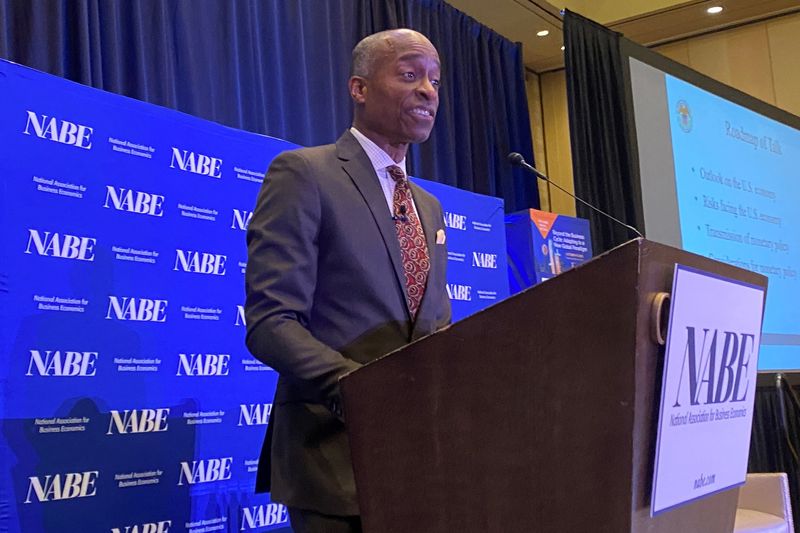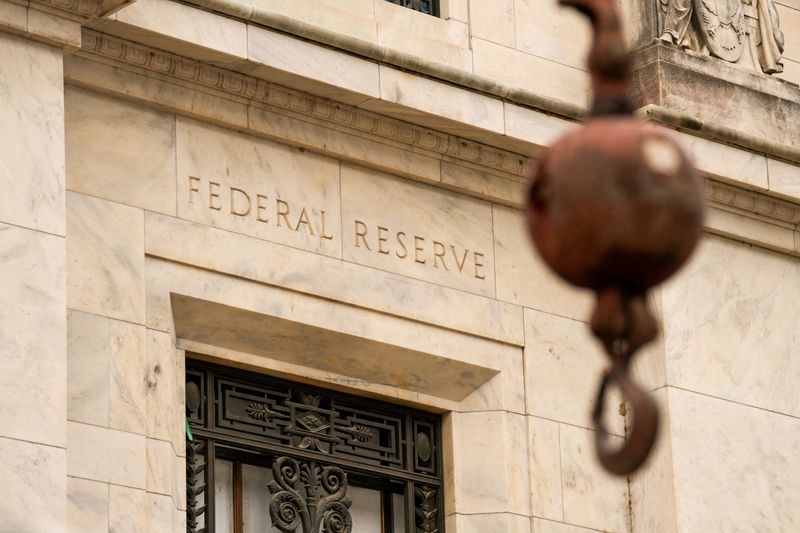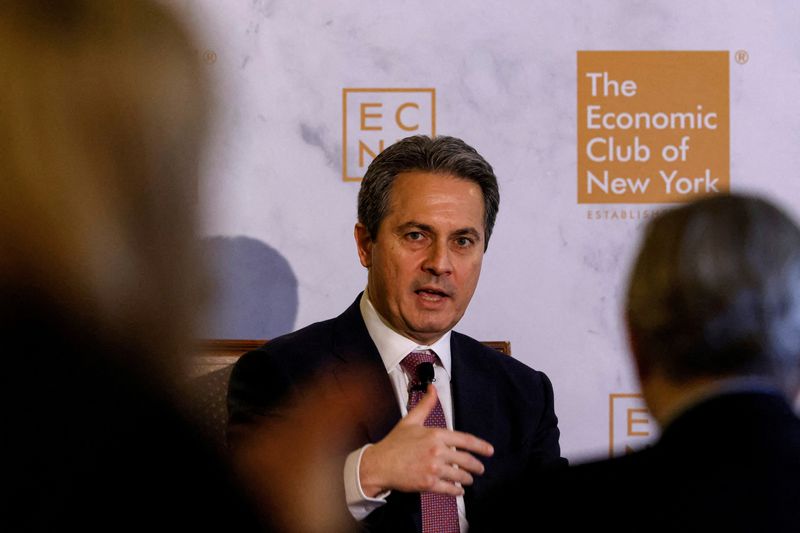Czech central bank holds rates at 3.50% amid economic strength
PositiveFinancial Markets

Czech central bank holds rates at 3.50% amid economic strength
The Czech central bank has decided to maintain interest rates at 3.50%, reflecting confidence in the country's economic strength. This decision is significant as it indicates stability in the financial landscape, allowing businesses and consumers to plan for the future without the uncertainty of rising borrowing costs. The bank's stance suggests that the economy is performing well, which could lead to further investments and growth.
— via World Pulse Now AI Editorial System







